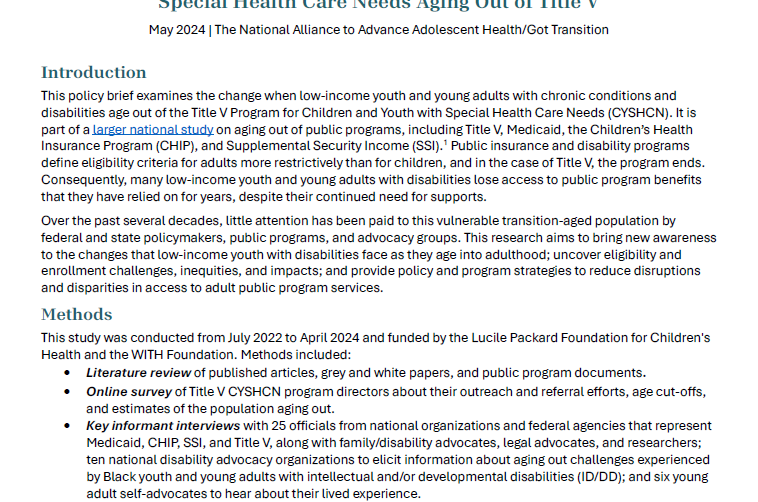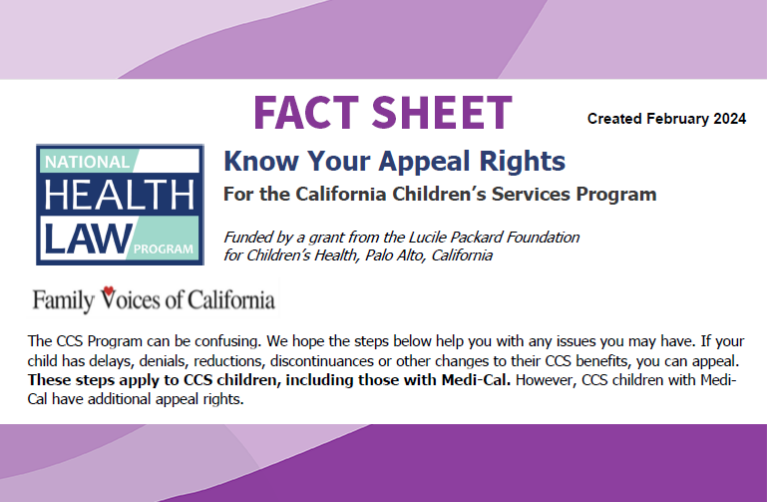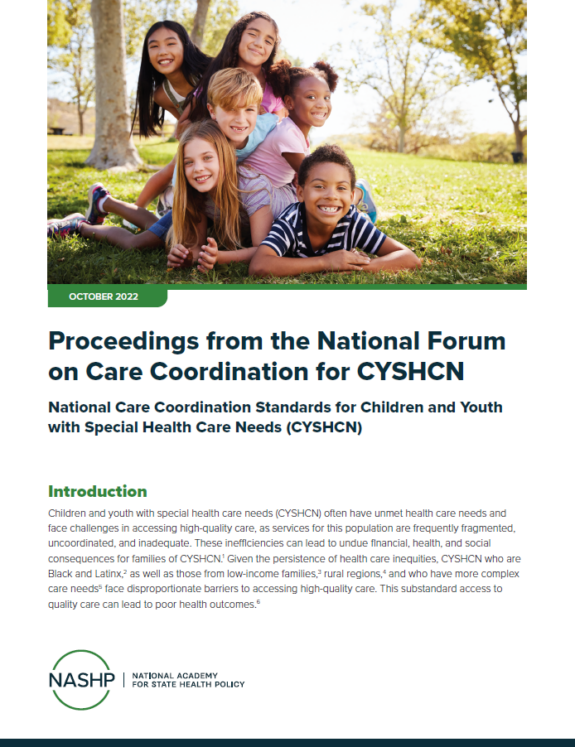Key Elements of Care Coordination for Children with Special Health Care Needs and Their Families
In a 2012 survey, families of children with special health care needs identified care coordination as their top priority. A new fact sheet provides a concise summary of the key elements necessary for a quality system of care coordination.
Done well, care coordination addresses the interrelated medical, social, developmental, behavioral, educational, and financial needs of children and their families. Care coordination is broader than case management, which focuses solely on the medical needs of patients. High-quality care coordination is proactive, planned and comprehensive, and emphasizes cross-organizational relationships.
RELATED CONTENT:
Teaching Families to Fish: How to Support Families as Care Coordinators
Next Steps Toward Care Coordination
California Community Care Coordination Collaborative



